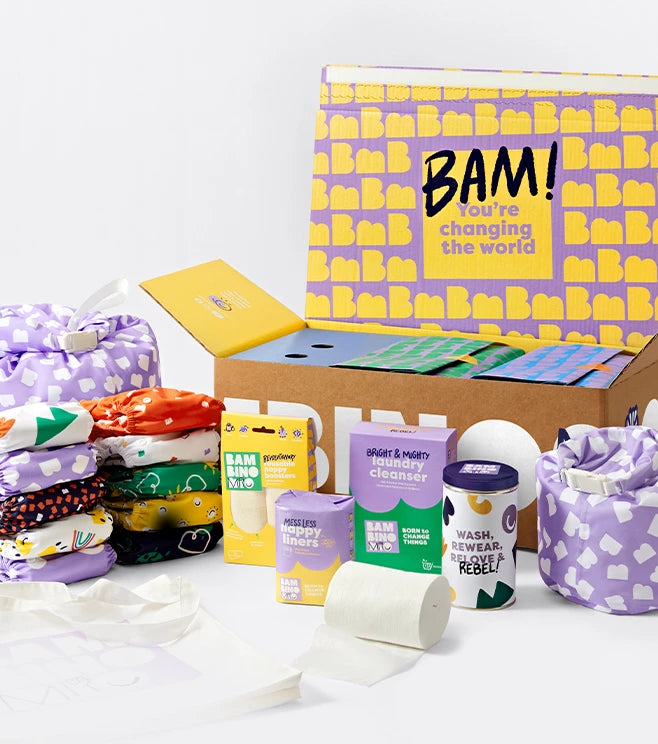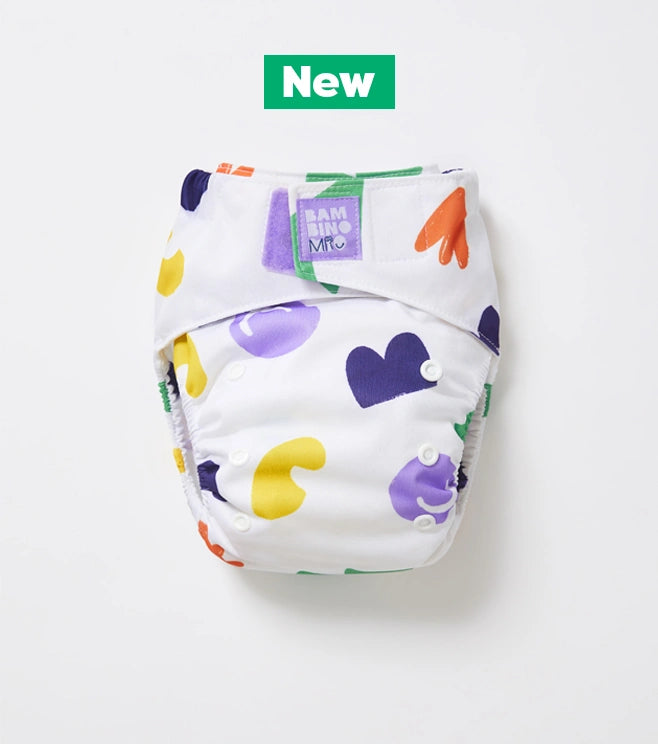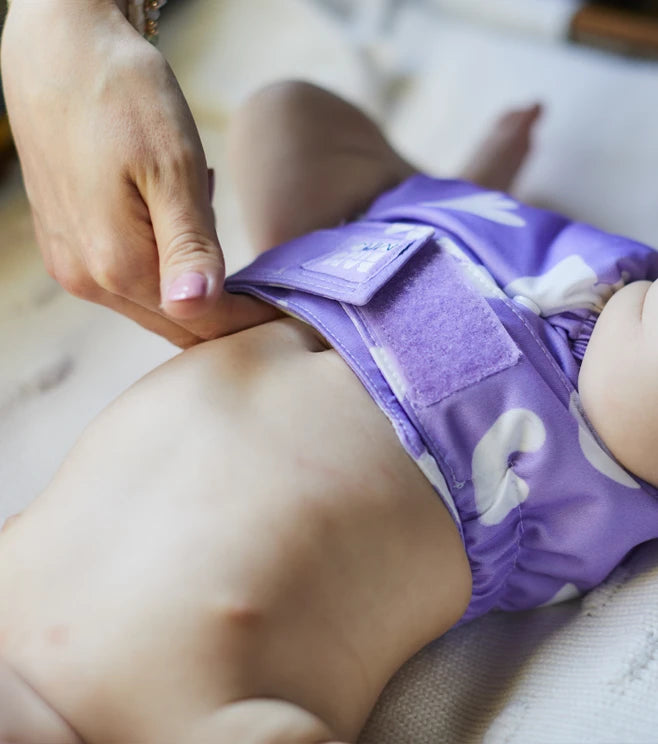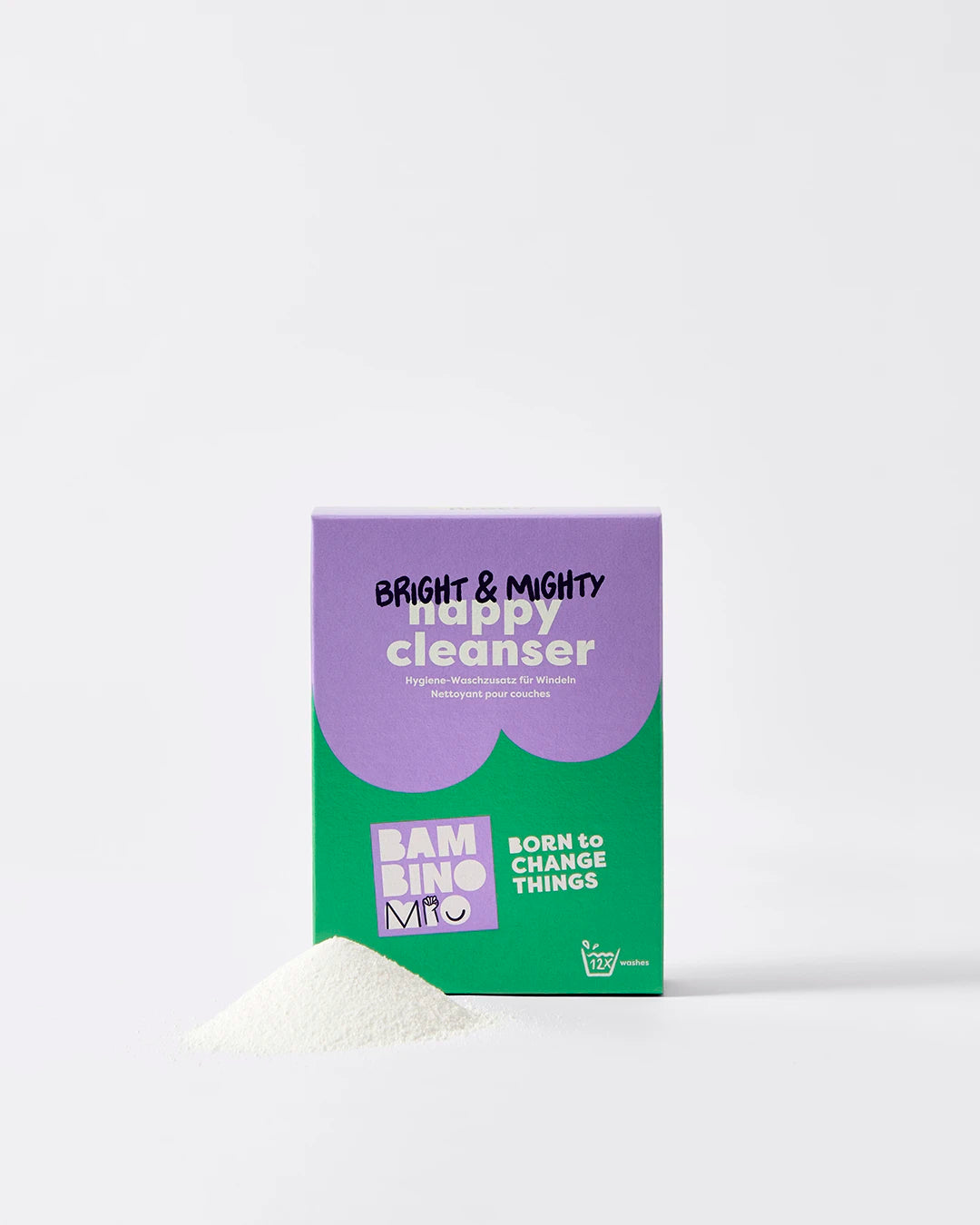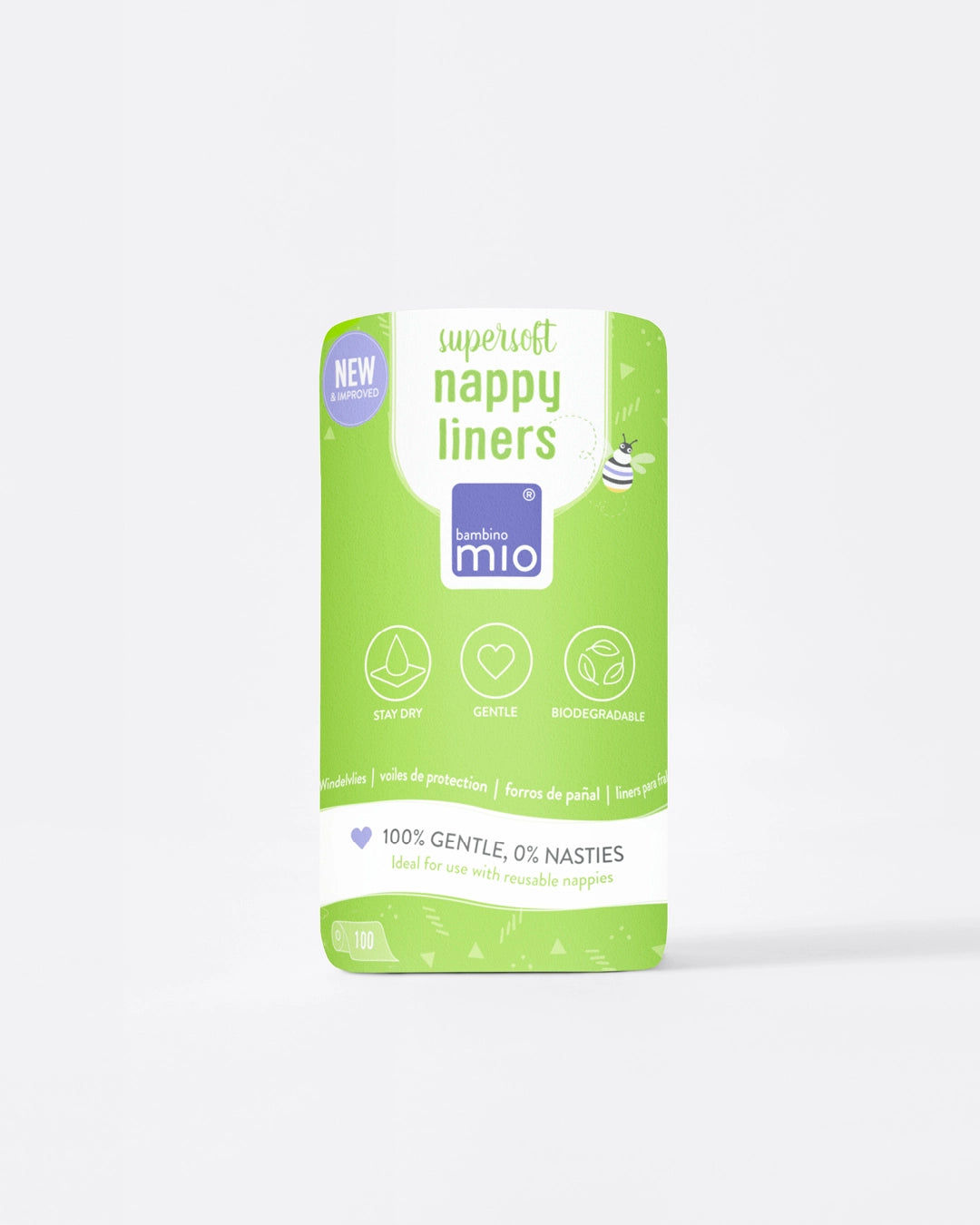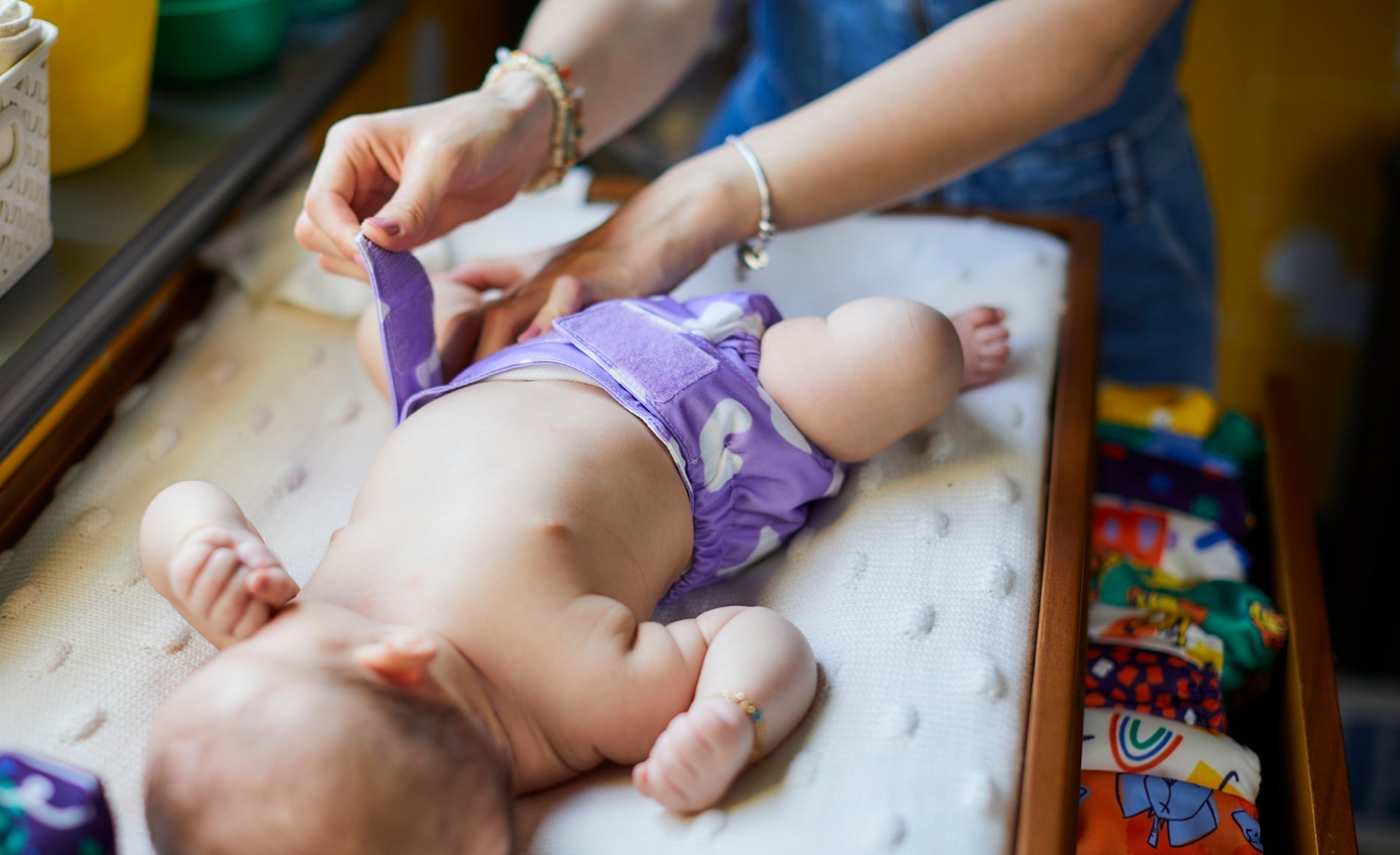Week 30 of Pregnancy | How Big is Your Baby at 30 Weeks?
Share Options
- Bambino Mio
- 28 / 06 / 2023

Inside this Article:
- Your baby is the size of a large cabbage!
- Baby’s in their final growth phase
- Get ready for your 31-week midwife appointment
- How you’re feeling at 30 weeks of pregnancy
- Staying healthy at 30 weeks of pregnancy
- Things you need to think about at 30 weeks pregnant
- Citations and References
- Pregnancy by Week, What to Expect
By 30 weeks of pregnancy, your baby measures around 39cm (15.5in) from crown to heel and around 27.5cm (10.75in) from crown to rump. They’ve also topped the 1.5kg (3.25lbs) mark
Your baby is the size of a large cabbage!
Although much cuter! As your baby is still curled up, they’re around the size and weight of a large head of cabbage and if they were to uncurl they’d be the length of a medium leek.
Baby’s in their final growth phase
By week 30 of pregnancy, all of your baby’s vital organs and other systems are pretty much formed and so they’re just preparing for life on the outside. Most of your baby’s attention (as it were) is on gaining weight and depositing subcutaneous fat to help them stay warm. From now until birth, your baby will gain around 200g (0.44lbs) each week.
When you're around 30 weeks pregnant, you might notice your baby has hiccups! They’ve been having them for some time now, but as they get bigger, you notice them more. Hiccups are involuntary contractions of the diaphragm and other muscles used for breathing and it’s believed that these in utero spasms stimulate the brain and help it to develop (1).
At 30 weeks of pregnancy your baby would still be very premature if he or she arrived now, but with every week that they stay in your womb, their chance of survival increases dramatically. With special care, they should have few (if any) long-term problems if they are born around now (2).
Get ready for your 31-week midwife appointment
If this is your first baby then you’ll be having your 31-week midwife appointment soon (3). For most women this is a fairly routine appointment during which you’ll discuss results from any recent tests and your midwife will also measure your womb’s height, your blood pressure and test your urine for protein and sugar.
They may also ask about your baby’s movements (4) at this appointment, so the week beforehand is a good time to start monitoring them and getting to know them. You can also review your birth plan ahead of this appointment so you can discuss it with your midwife.
How you’re feeling at 30 weeks of pregnancy
Many women do find the last trimester of pregnancy tiring and a bit uncomfortable; lots of mums say it’s nature’s way of taking your mind off impending labour!
You are probably slowing down a little bit and finding it harder to get comfortable in bed at night. Braxton Hicks contractions (5) can become more frequent and a bit more intense from 30 weeks or so and you might be feeling a bit “taken over” by your bump and baby.
You may also feel a bit emotional every now and again and this is quite normal, However, if you’re feeling worried or overwhelmed by the thought of the rest of the pregnancy, the birth or parenthood in general, then you should talk to your midwife.
Then there’s the possibility of carpal tunnel syndrome (6). You’ve probably heard of CTS in relation to keyboard-related work injuries, but it can also happen during pregnancy, with more than half of pregnant women reporting some degree of CTS.
CTS in pregnancy is caused by all the extra fluid in your body putting pressure on the median nerve in your wrist and it can present as numbness, tingling or pain. Your wrist and fingers might also feel a bit weak and you might find it difficult to make grasping motions. Find out more about CTS in pregnancy and how to deal with it here (7).
Staying healthy at 30 weeks of pregnancy
Keep up with your pregnancy diet (8) and carry on drinking plenty of water - it can actually ease water retention and improve your energy levels as well as ease constipation.
You may be in your last few weeks of work by 30 weeks of pregnancy and you’re probably feeling very tired, so have a quick sleep when you get home and make sure you have a lie in for at least one morning at the weekend.
At 30 weeks pregnant, you’re three quarters of the way there and soon your life will be all about feeding, nappy changes and bonding with your beautiful baby.
There’s just ten weeks (or thereabouts) left, so if you can find time to see friends and family, you should. You might prefer to wait until you’re on maternity leave so you have more time, but do try to arrange a meet up and spend some quality time with loved ones.
Things you need to think about at 30 weeks pregnant
If you know which hospital or birth centre you’ll be going to, then it’s a good idea for you and your birth partner to drive the route from home and back to familiarise yourself with it.
Don’t let up on those pelvic floor exercises (9) - the increasing weight of your baby and uterus will put a strain on them and exercising helps the muscles to stay strong and flexible.
If you are experiencing carpal tunnel syndrome symptoms, tell your HR department and explore options to ease or reduce it for the rest of your time at work until you go on maternity leave.
Citations and References
(1) Science Direct. ‘Event-related Potentials Following Contraction of Respiratory Muscles in Pre-term and Full-term Infants’ 2019. Web. www.sciencedirect.com/science/article/pii/S1388245719312362?via%3Dihub
(2) National Health Service (NHS). ‘What to Expect in Your Baby’s Development. 30-32 Weeks’ Gestation.’ 2023. Web. mft.nhs.uk/saint-marys/services/newborn-intensive-care-unit-nicu/what-to-expect/30-32-weeks-gestation
(3) National Health Service (NHS). ‘Your Pregnancy Care. Your Antenatal Appointments.’ 2023. Web. www.nhs.uk/pregnancy/your-pregnancy-care/your-antenatal-appointments
(4) National Health Service (NHS). ‘Keeping Well in Pregnancy. Your Baby’s Movements.’ Web. www.nhs.uk/pregnancy/keeping-well/your-babys-movements
(5) National Institutes of Health (NIH). National Library of Medicine. ‘Braxton Hicks Contractions.’ 2022. Web. www.ncbi.nlm.nih.gov/books/NBK470546
(6) National Health Service (NHS). ‘Health A to Z. Carpal Tunnel Syndrome.’ 2021. Web. www.nhs.uk/conditions/carpal-tunnel-syndrome
(7) National Health Service (NHS). ‘Carpal Tunnel Syndrome During Pregnancy or Post Birth.’ 2021. Web. www.royalberkshire.nhs.uk/media/iw4hwh5t/physio-carpal-tunnel-syndrome-an-pn_mar21.pdf
(8) National Health Service (NHS). ‘Keeping Well in Pregnancy. Eating Well in Pregnancy.’ 2023. Web. www.nhs.uk/pregnancy/keeping-well/have-a-healthy-diet
(9) National Health Service (NHS). ‘Women’s Health. What Are Pelvic Floor Exercises?’ 2020.
Web. www.nhs.uk/common-health-questions/womens-health/what-are-pelvic-floor-exercises
Pregnancy by Week, What to Expect


